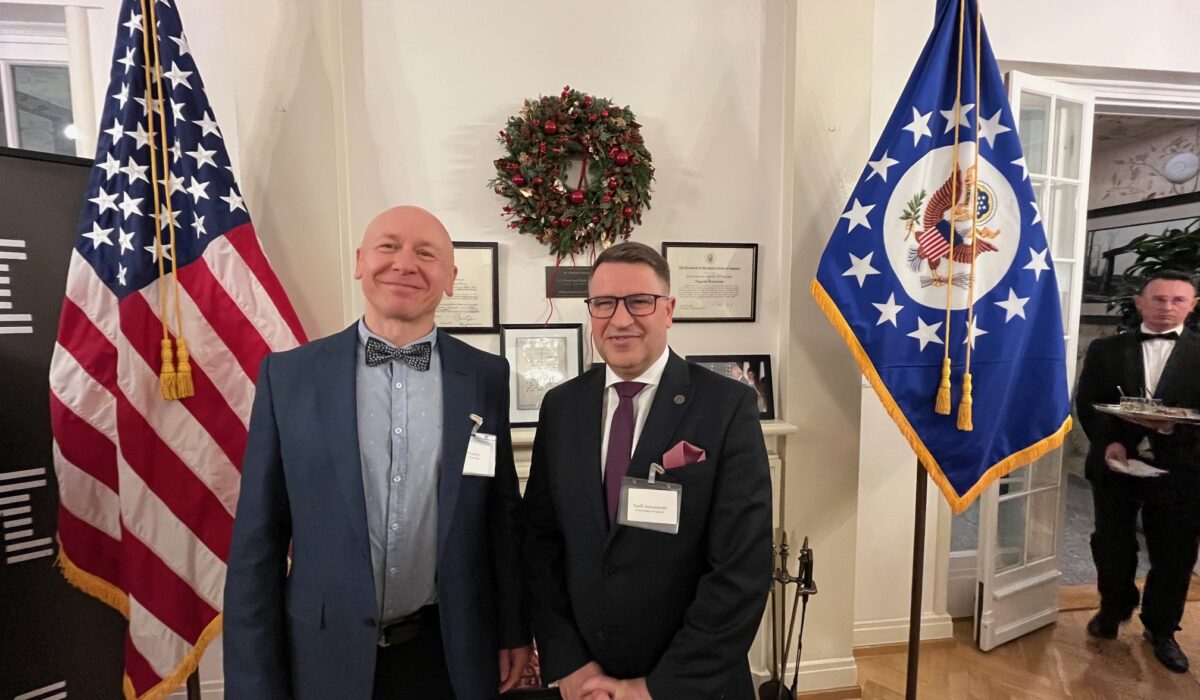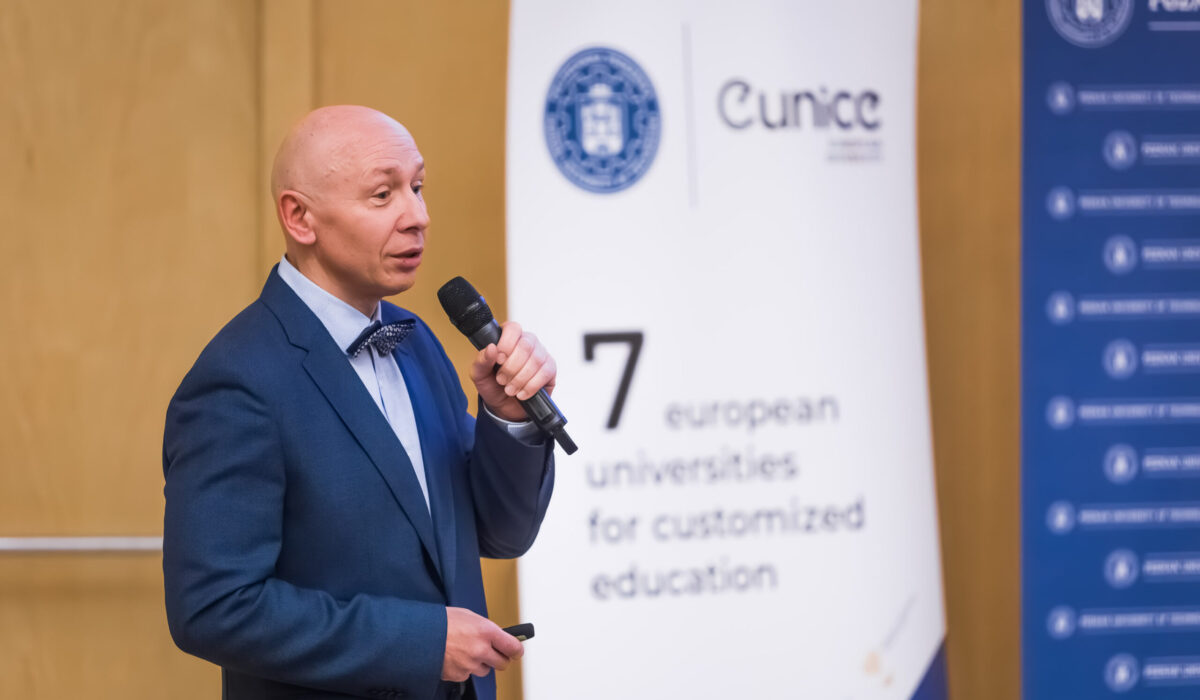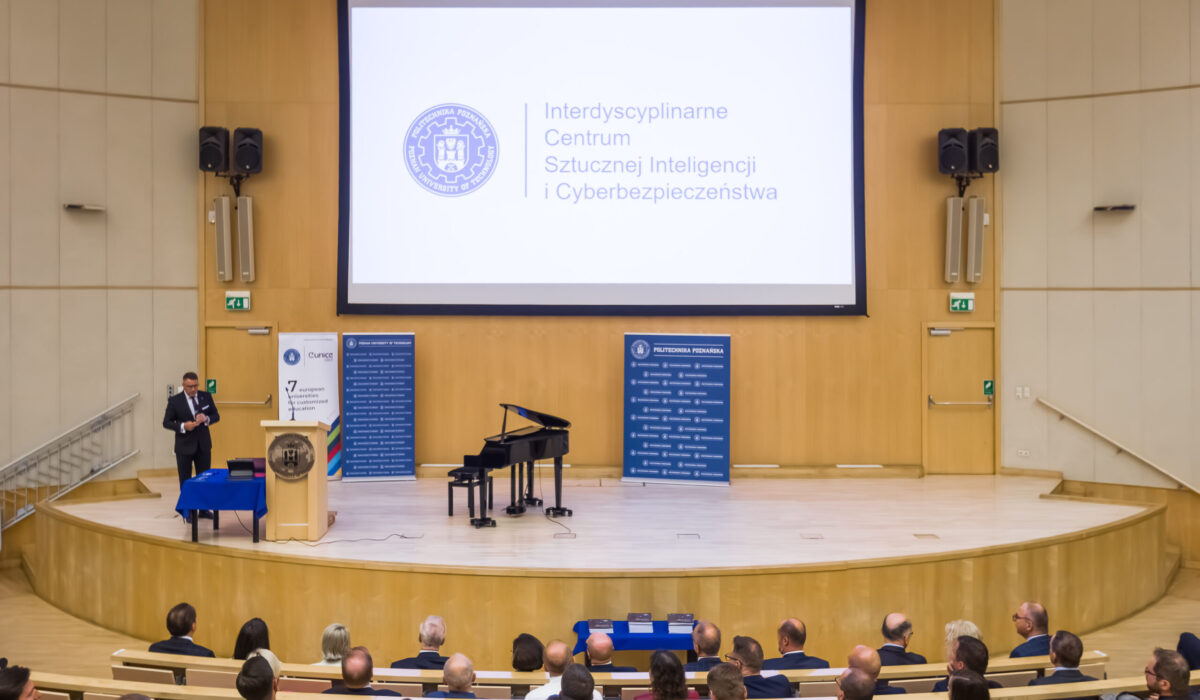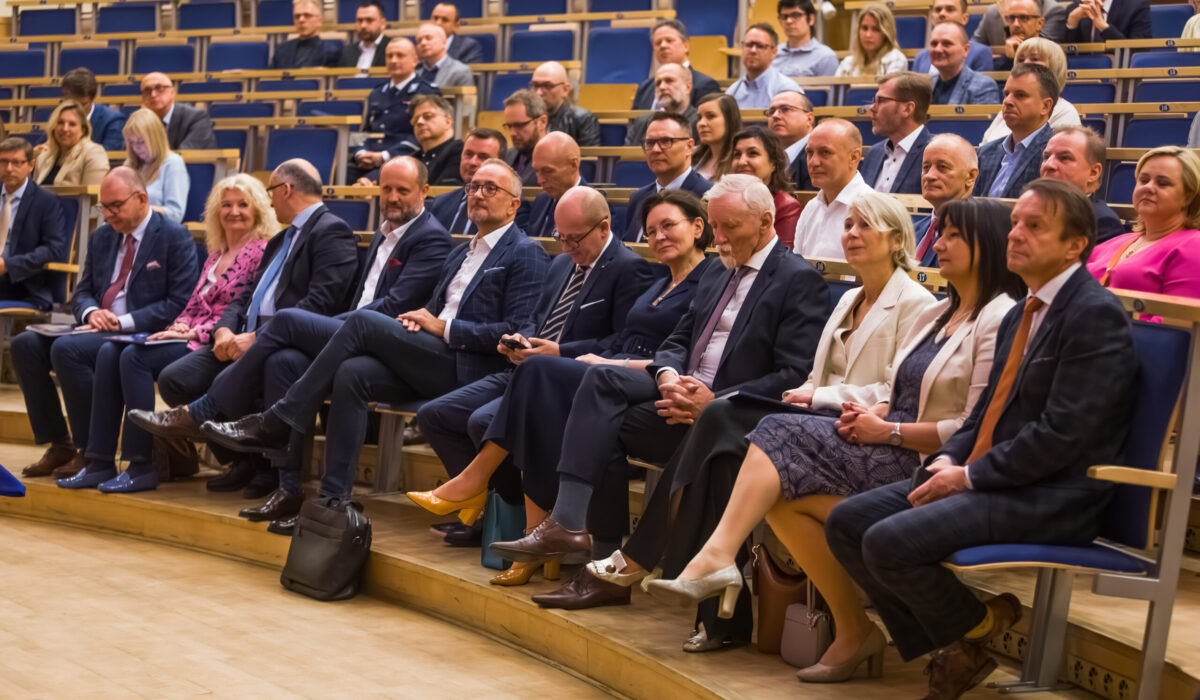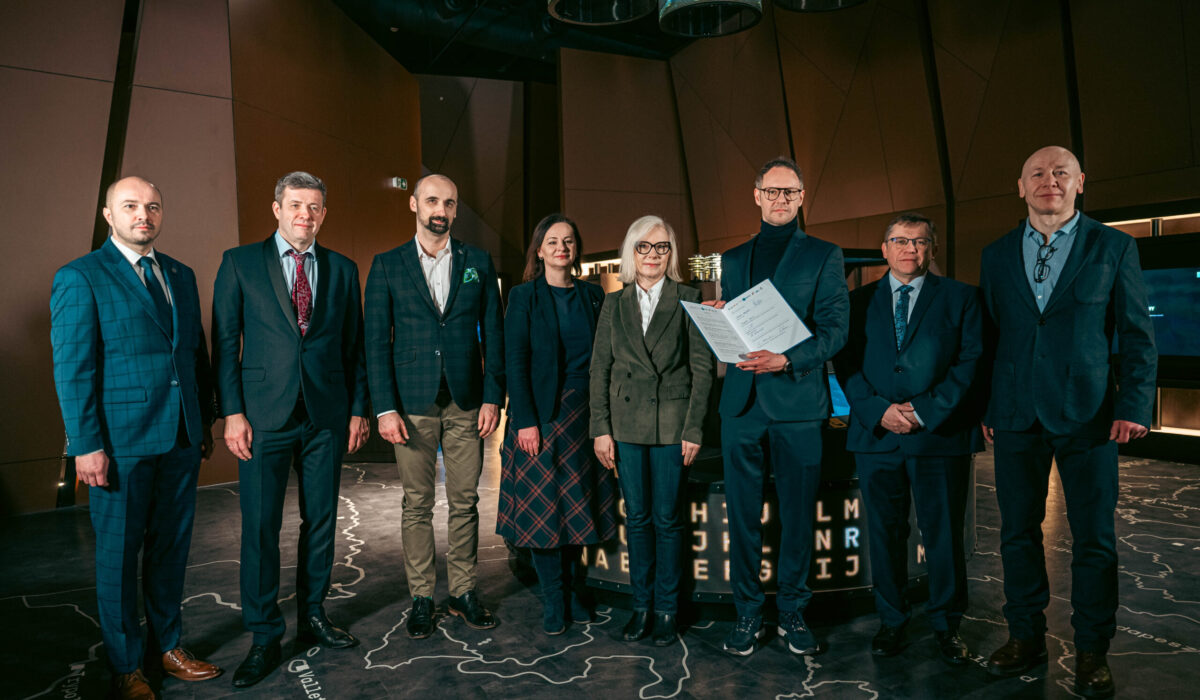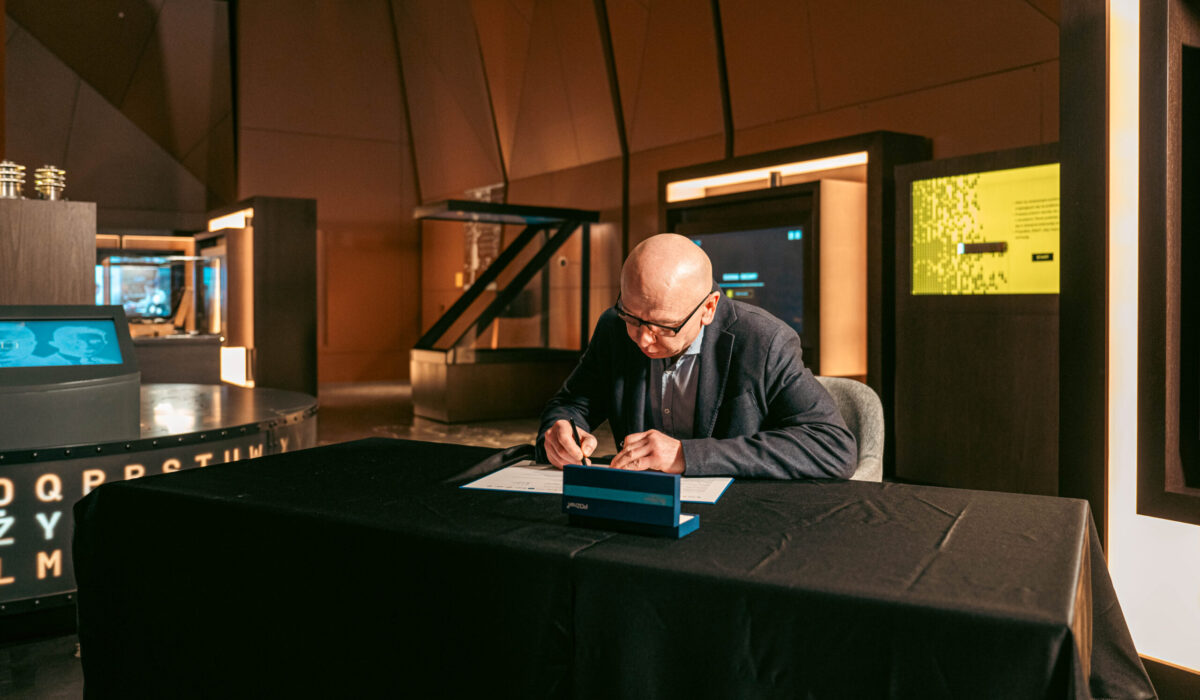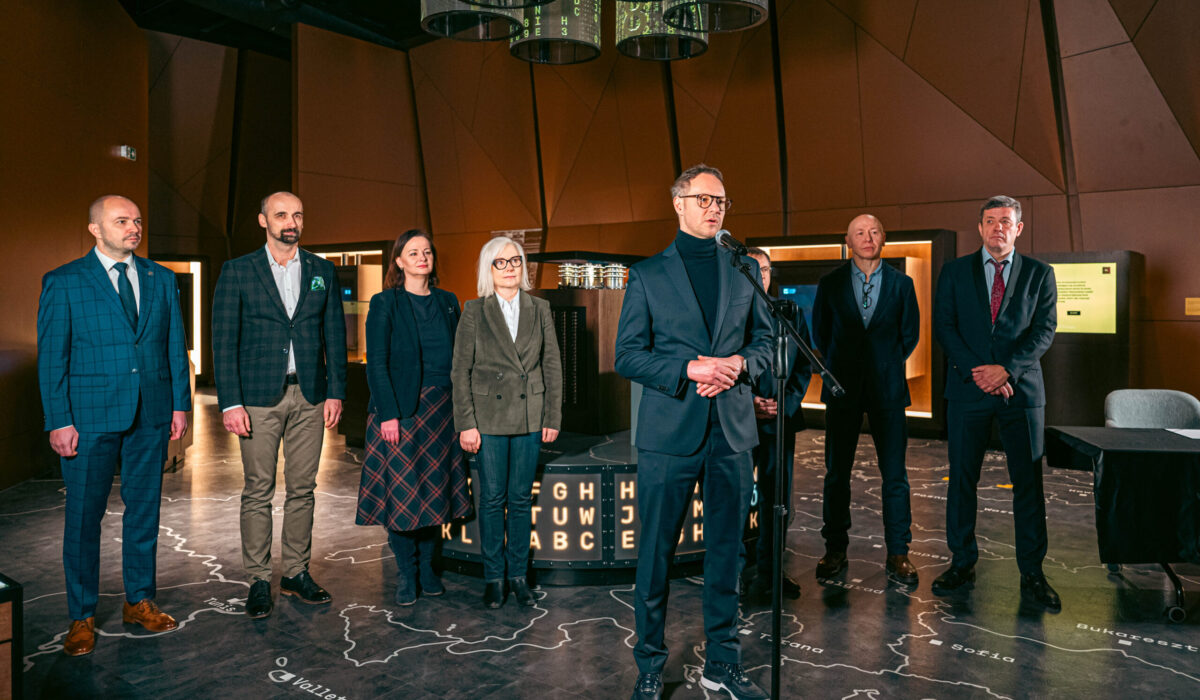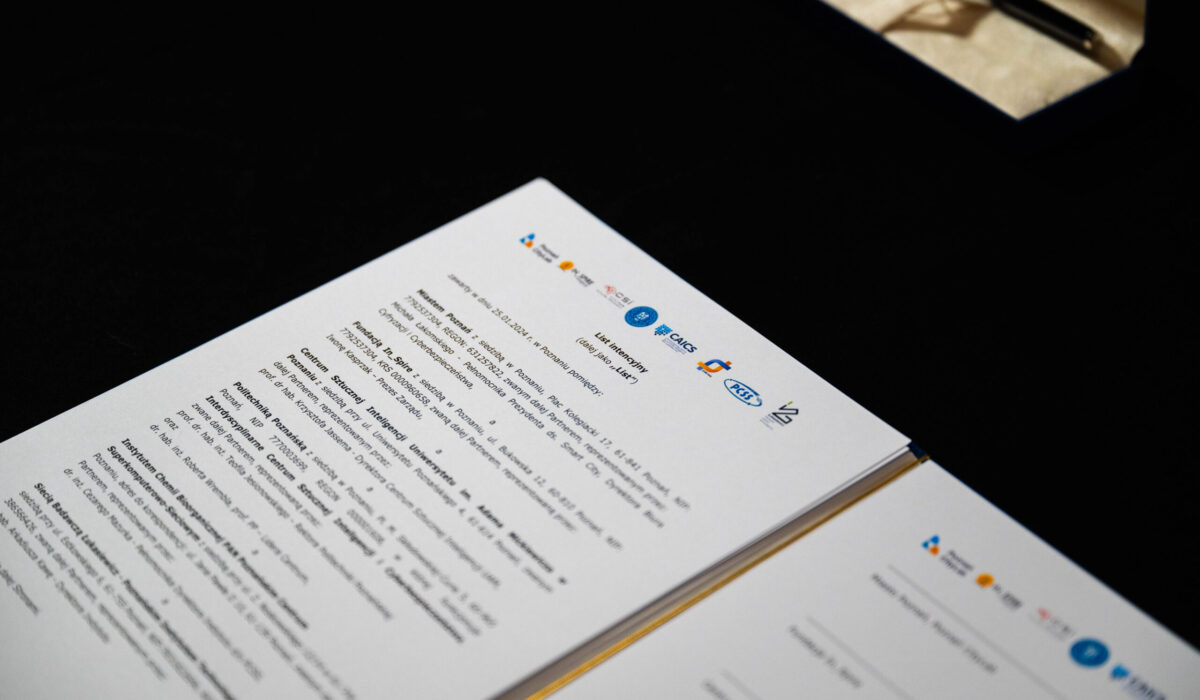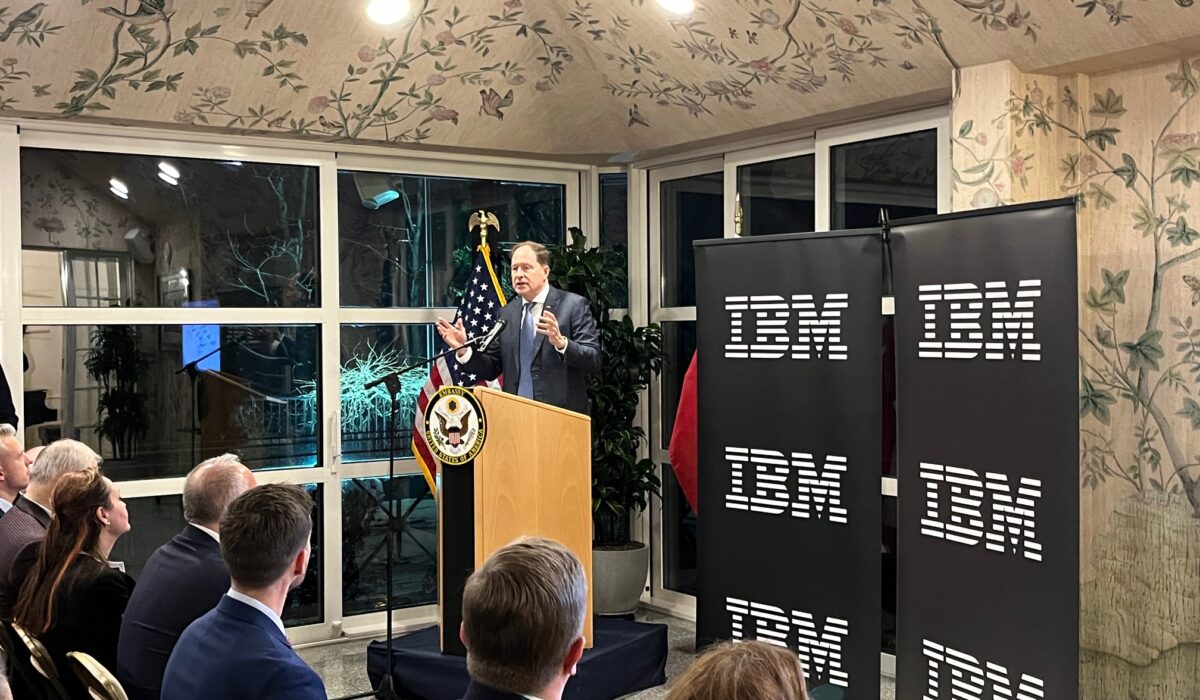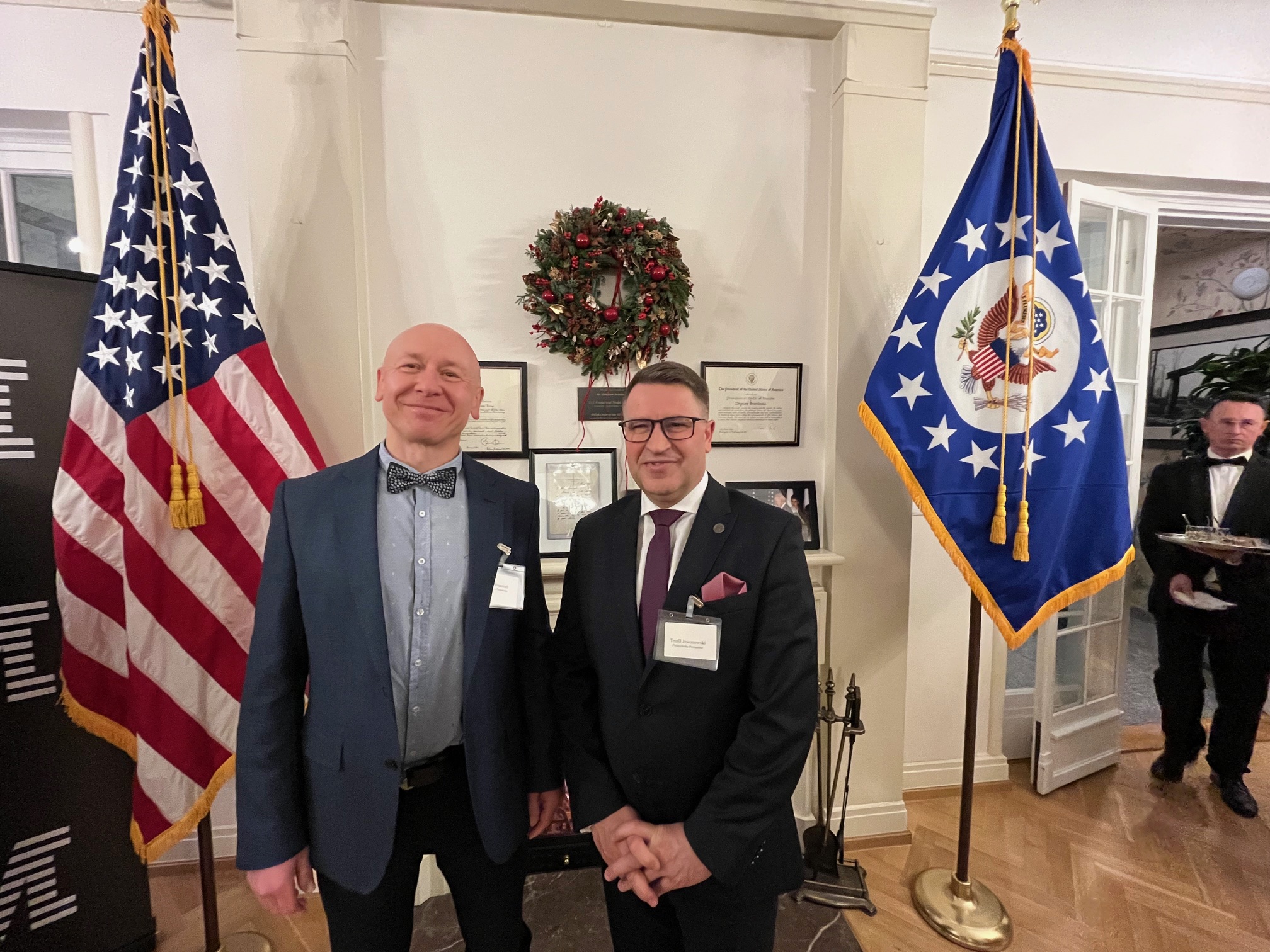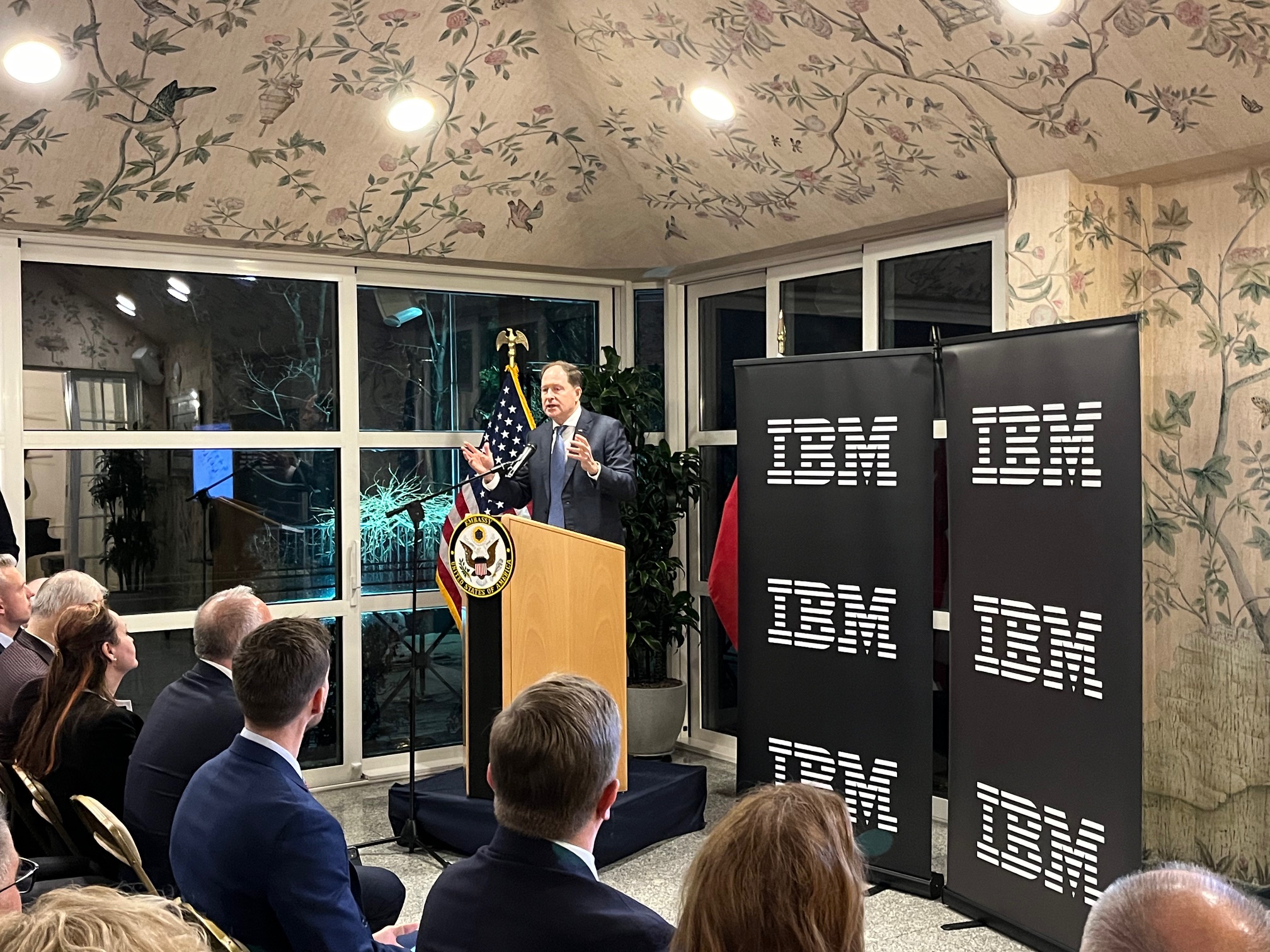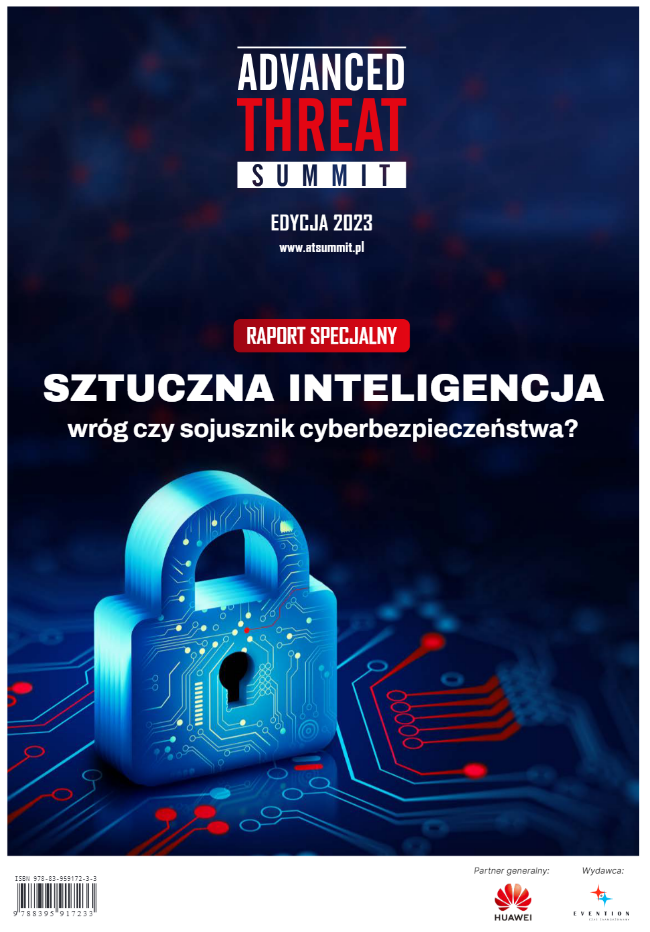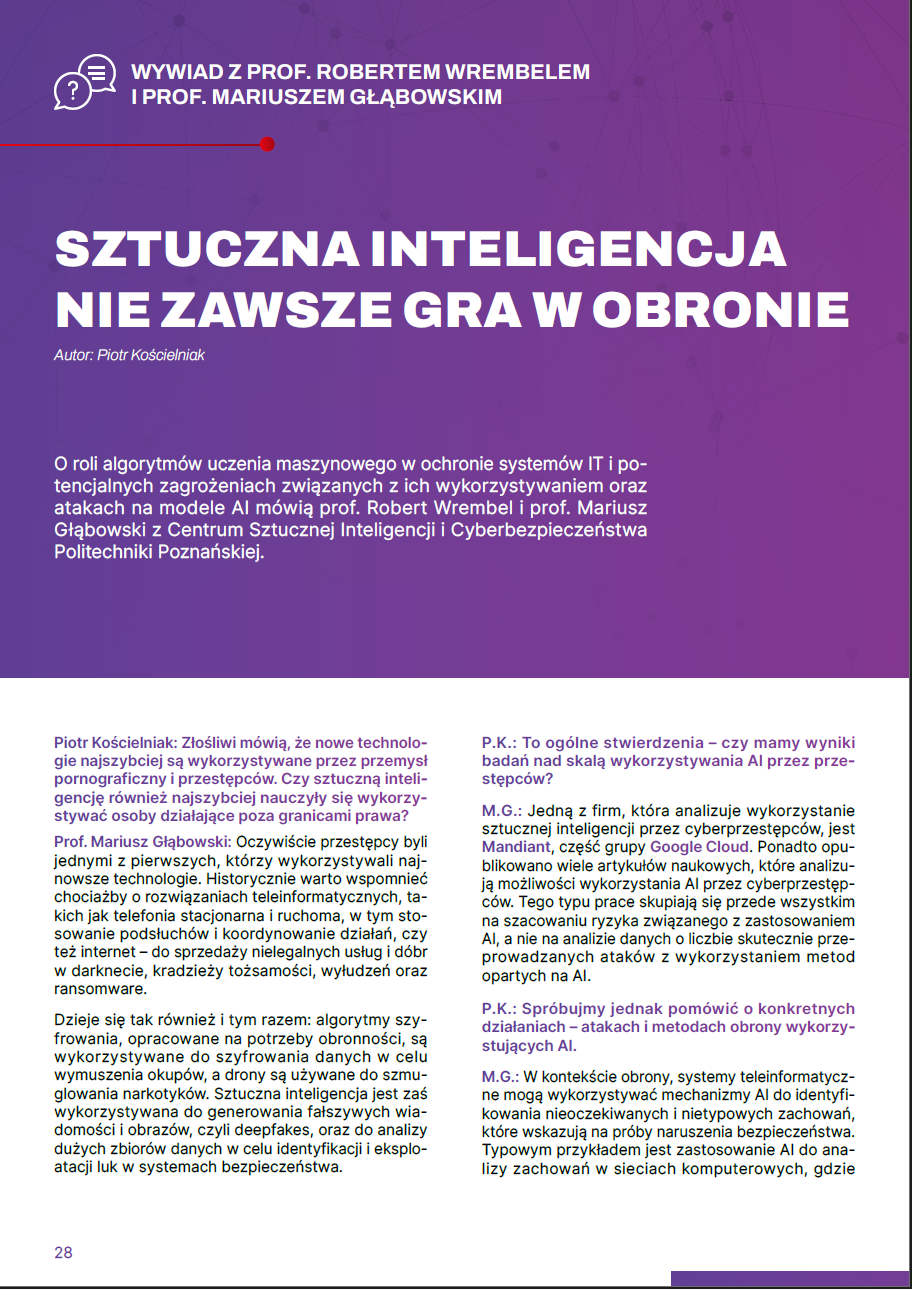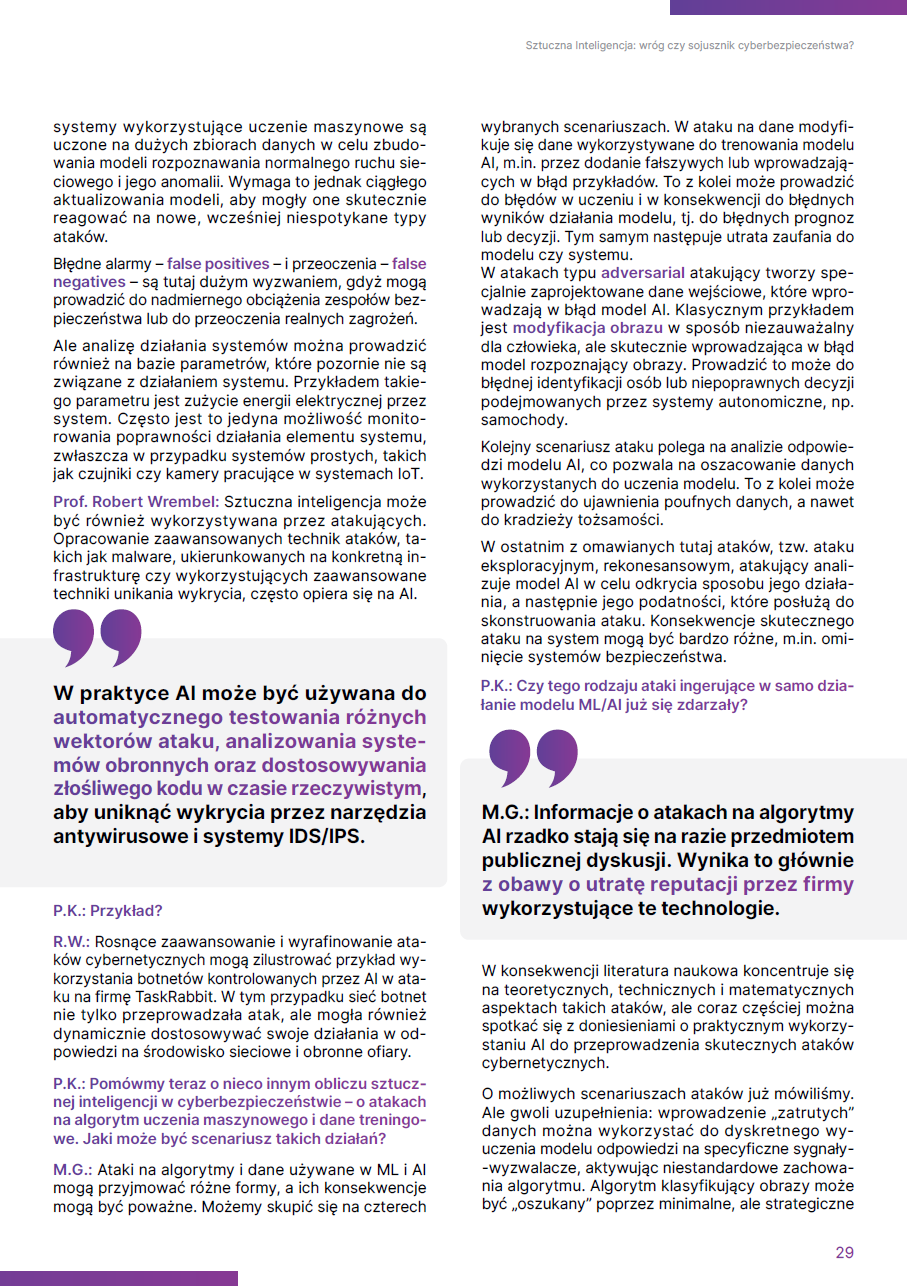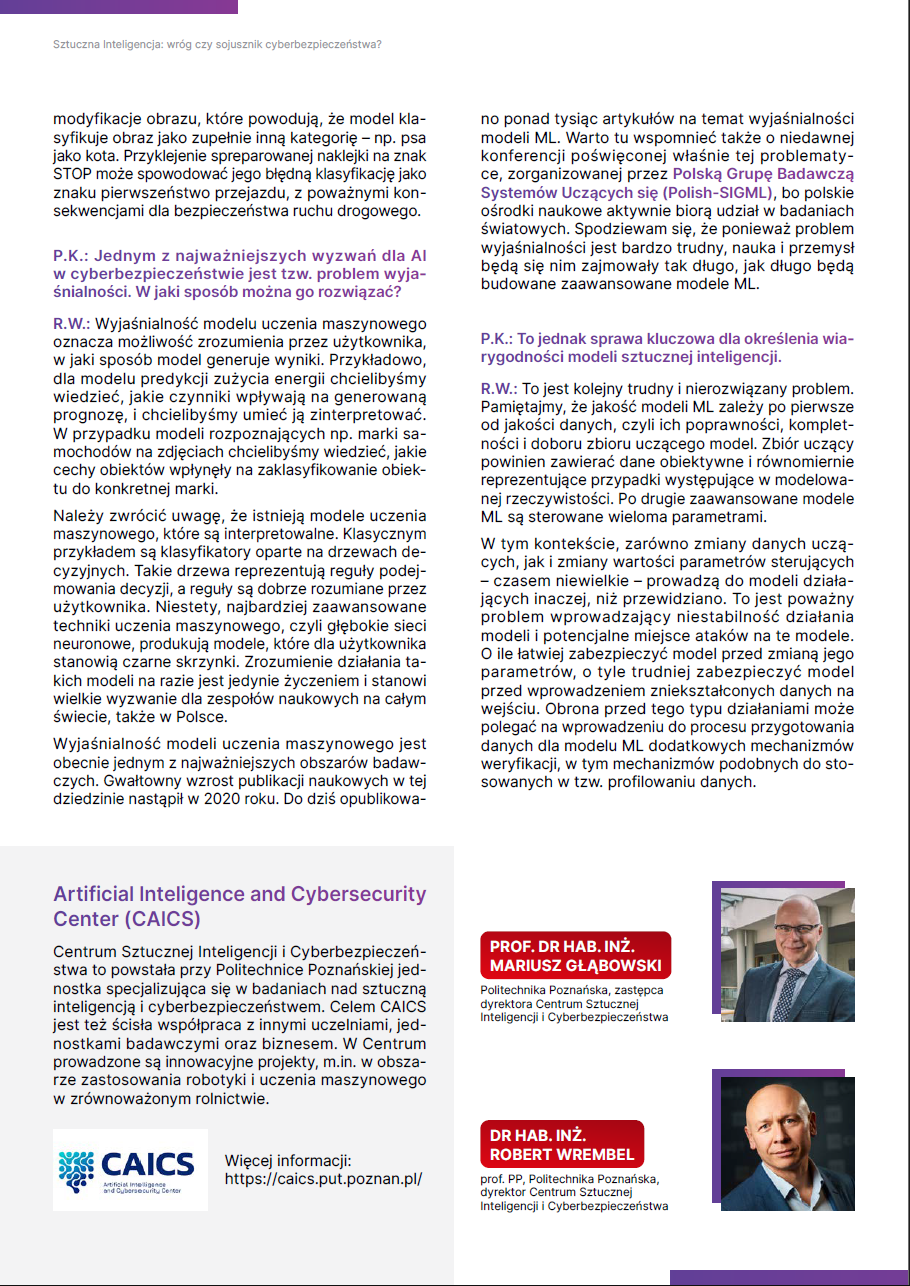
Interdisciplinary Centre for Artificial Intelligence and Cybersecurity
Objectives of the Centre
Its overall objective is to do research, run R&D projects, and deliver competences in AI and CS.
Securing
national and international grants in consortia with universities and economic environment units
Providing expert services
or economic, scientific, and administrative environment units
Integrating
environments focused on artificial intelligence and cybersecurity
Collaboration
with public administration and socio-economic environment in the implementation and dissemination of machine learning methods, artificial intelligence, and cybersecurity technologies
Implementation
of research
and development projects
in collaboration with economic environment units
Contact point
for economic, scientific, and administrative environment units
Collaboration
with scientific centers
and other artificial intelligence and cybersecurity centers
Staff development
through dedicated training for the economic environment, technological expertise, student education, implementation doctorates, technological workshops, national and international conferences
Center competencies
- Security of systems: IoT, networks, big data, communication security between unmanned vehicles
- Machine learning methods in applications for detecting anomalies in network traffic
- Risk estimation in smart city installations and critical infrastructure, architecture of multi-modal data integration, methods of multi-modal data analysis, evaluation and improvement of data quality, building large multi-modal data repositories (data warehouses, data lakes, big data technologies)
- Courses and workshops in the field of artificial intelligence and cybersecurity
- Machine learning and artificial intelligence methods in medical applications, including medical image recognition and disease risk estimation
- Statistical methods and machine learning in building predictive models of energy consumption
- Machine learning methods in text analysis, sentiment analysis, and detection of so-called fake news
- Machine learning methods in engineering applications, including autonomous vehicles, robotics in transport, robotics and IoT in sustainable agriculture, real-time image recognition
- Methods of automatic emotion recognition
Our Projects
Implemented projects
- ARPresence (Meta): Meta company grant within the European Metaverse Research Network – project goal: use of augmented virtual reality to improve the quality of life for people prone to social exclusion
- Use of virtual and augmented reality in rehabilitation: Meta company grant, in collaboration with the Medical University of Poznan
- Workshops on artificial intelligence for the Wielkopolska Forum of Intelligent Specializations, at the Marshal’s Office of the Wielkopolska Region
- Submission of an International Project: Teaching AI to higher education students using an open-source and open-design educational robot
Projects in Preparation
- Project Marie Skłodowska-Curie Actions – Doctoral Networks, pertaining to the Application of Robotics and Machine Learning in Sustainable (Smart) Agriculture
- In Collaboration with the Chief Pharmaceutical Inspectorate – Pertaining to Text Analysis
- In Collaboration with Energotherm Company – Pertaining to the Construction of Management Models for Energy Blocks, Based on Neural Networks
Partner with CAICS
We collaborate to secure funding, prepare R&D grant applications, as well as in
the area of project management and consulting.
Collaboration
The center has signed letters of intent
for cooperation with the following units:
AI Alliance

Lodz University of Technology
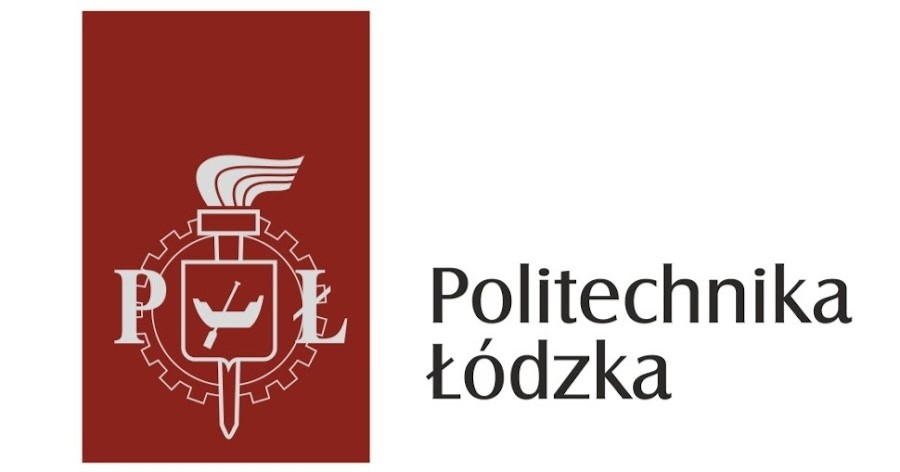
Financial Supervision Authority Office

Main Pharmaceutical inspectorate

Beyond.pl Sp. z o.o

American University Kyiv
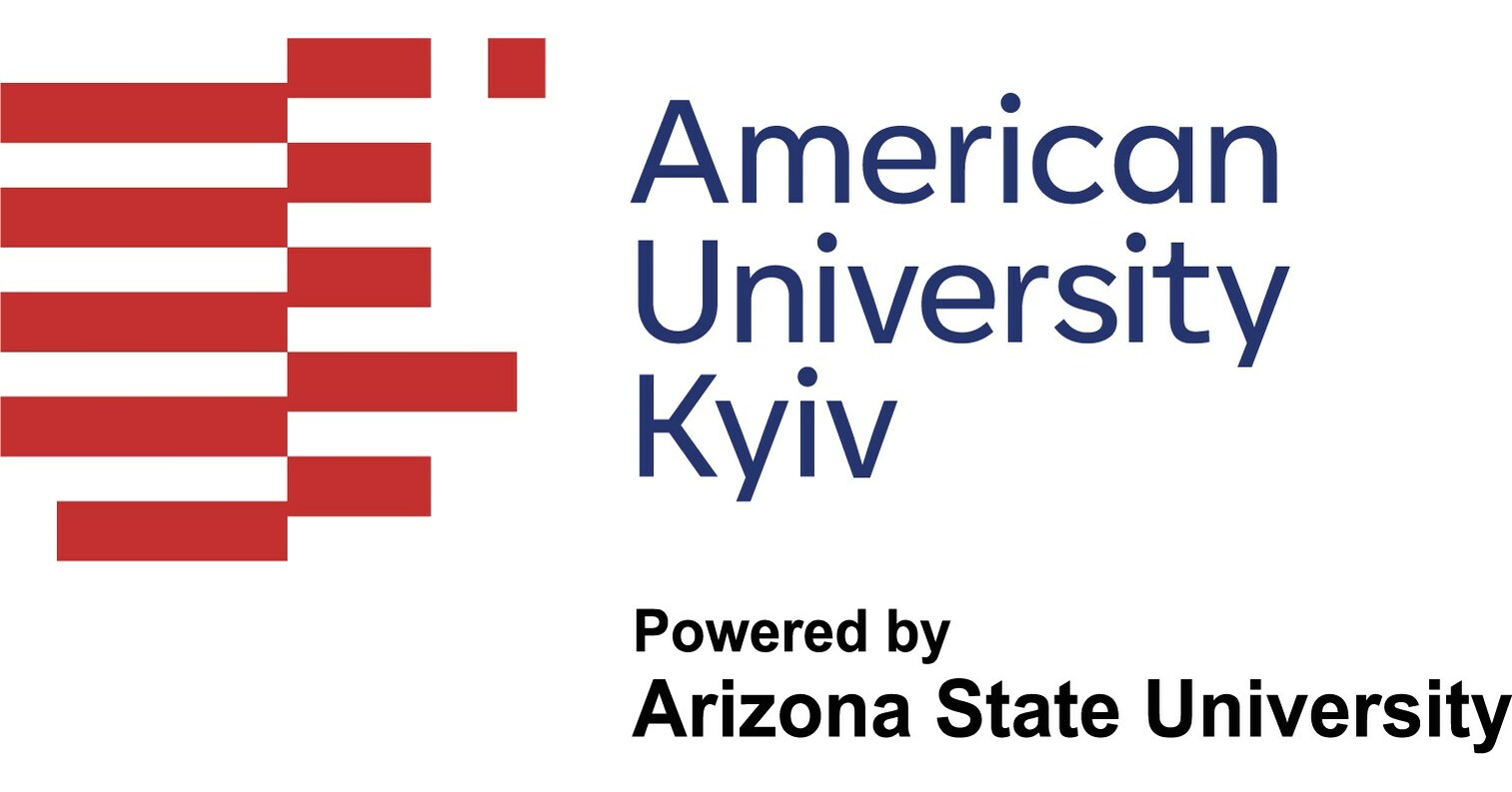
Łukasiewicz PIT

The National Centre
for
Research
and Development
Medical University of Bialystok
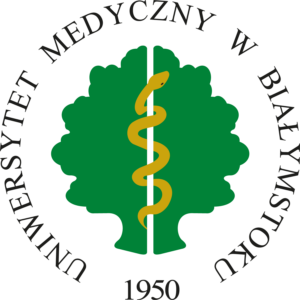
Silesian University of Technology

University
of Economics
in Katowice
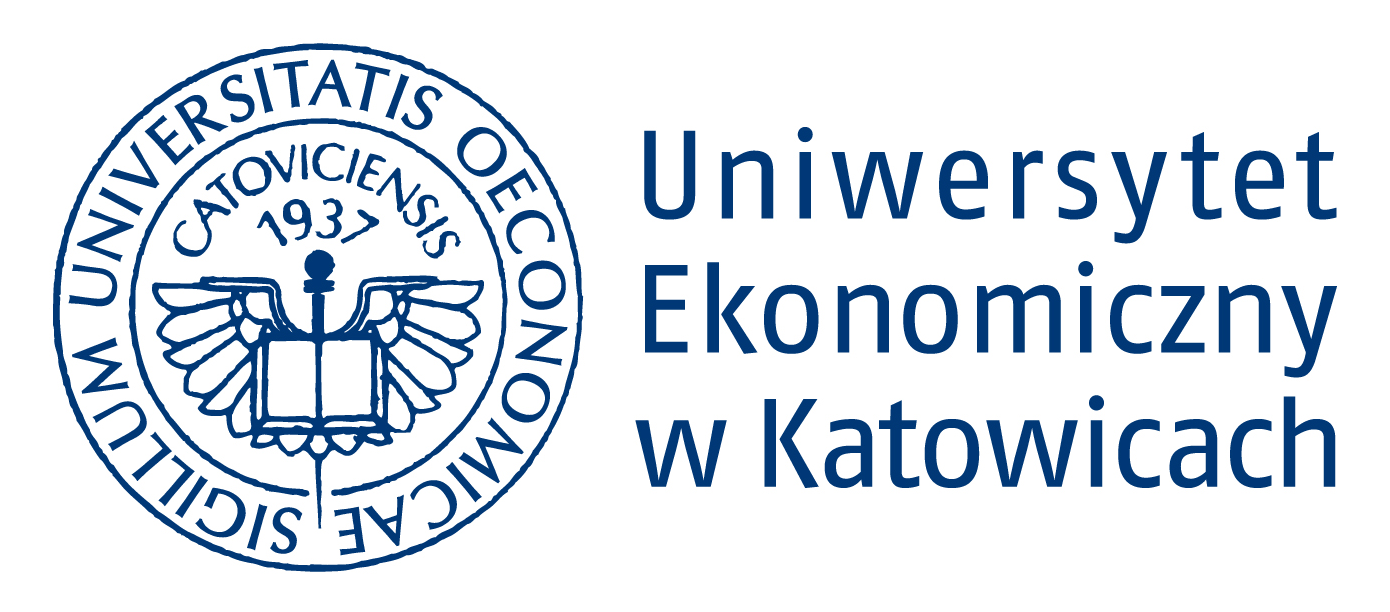
ENERGOTHERM Sp. z o.o

Cracow University of Technology
eBigData sp. z o.o

Lublin University of Technology

Information Processing Center – National Research Institute

The center collaborates with:
OpenConcept

About us


